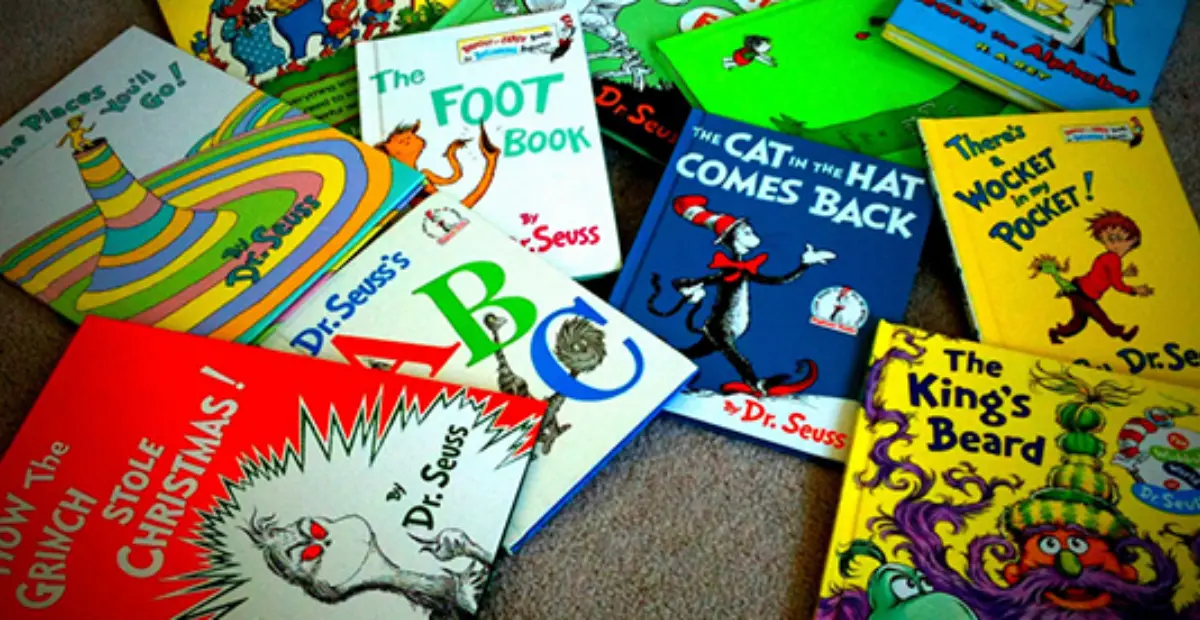W.H. Auden said, “A poet is, before anything else, a person who is passionately in love with language.”
For children, this love of language translates to an accessible introduction to literacy through poetry and a broader education on its beauty and intricacies.
Introduced early and often during a child’s journey with literacy, poetry can mean the difference between just knowing words and leveraging every aspect the word’s power.
Poetry raises a child’s awareness of words
In poetry, every word choice matters.
Whether it’s for the purpose of rhyming, alliteration, metaphor or a perfect way to describe something, word choice means more in the context of poetry. Every decision has a particular reason behind it. Every word fits, and it fits for a reason.
A child may not fully understand why the particular choice to use “go” instead of “walk” in “Mary Had a Little Lamb.” As she hears the poem over and over, she can soon understand that the poem is more pleasant because of that choice. Eventually, she will figure out why that decision happened and gain a greater understanding of word choice through that process.
Poetry grows a child’s vocabulary
Poetry exposes children to new words. On the quest to capture their meaning perfectly, a poet will travel highways of synonyms to find the perfect choice.
Think back to the first time you used a thesaurus or rhyming dictionary. For many, it was while writing a poetry assignment in school. The hunt for the perfect word choice can introduce young poets to a multitude of new words, with slightly different meanings to achieve the exact feeling the young poet hopes to make. If a child isn’t writing poetry and is just on the receiving end of a well-crafted masterpiece, they benefit from the exposure to new words and an expanded vocabulary.
Poetry designed for children is often rhythmical and rhyming. It makes it easier for children to memorize and figure out the meaning of new words.
Poetry makes children better learners
The musical structure of poetry makes memorization and recitation easier as well. Poetry improves children’s literacy by linking memory with audio and visual cues that help children recognize patterns, make logical next-step conclusions and give young students an advantage when learning anything from new languages to math.
Poems and rhymes also can be leveraged to help teach children rules, lessons and easy tricks for working through complicated problems. Some examples are how many days in the months, how long to brush your teeth, what to do when you are angry, and when to eat.
The rhythms are light, and the rhyming is fun, but the work of a poem is never done.
Poetry is often incorporated early on and often in younger grades and for a good reason. The benefits of teaching poetry can set children up for a successful path to a better understanding of literacy and learning. Kids Read Now has witnessed the benefits of how poetry improves children’s literacy. That is why we offer some books of poetry on our Wish List every year! Poems can give children the tools they need to make the complicated simple and make learning fun!




